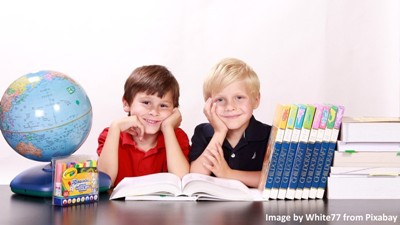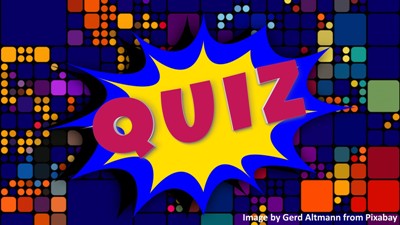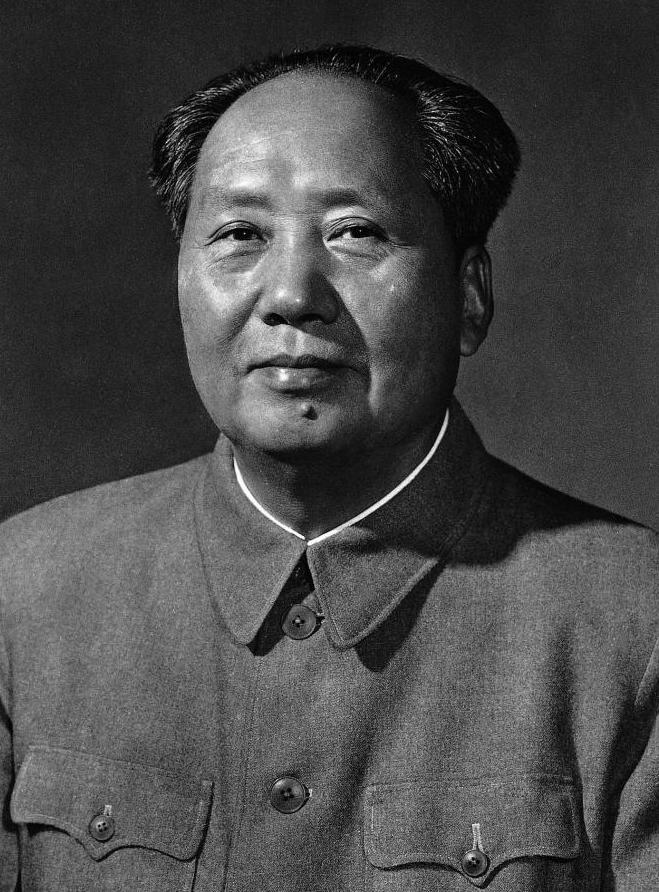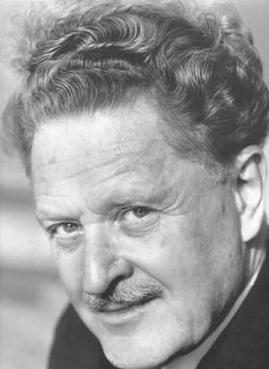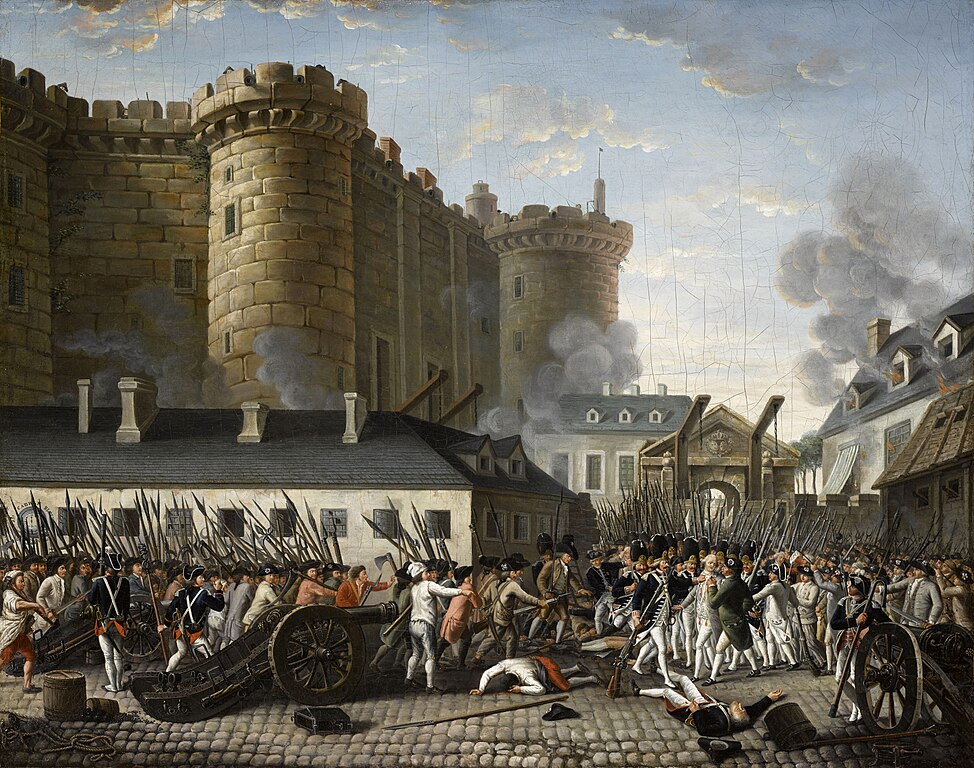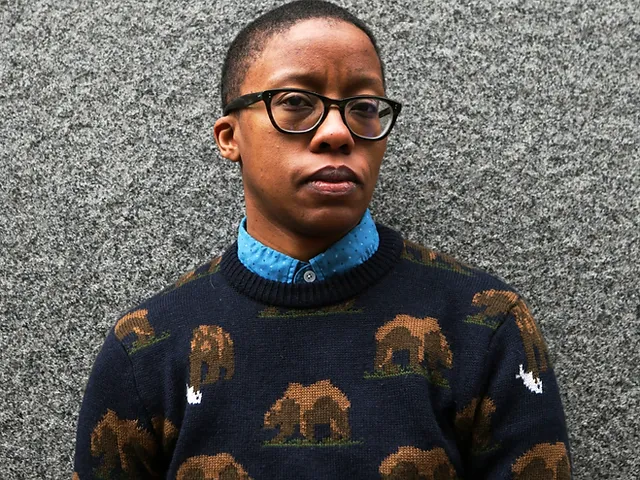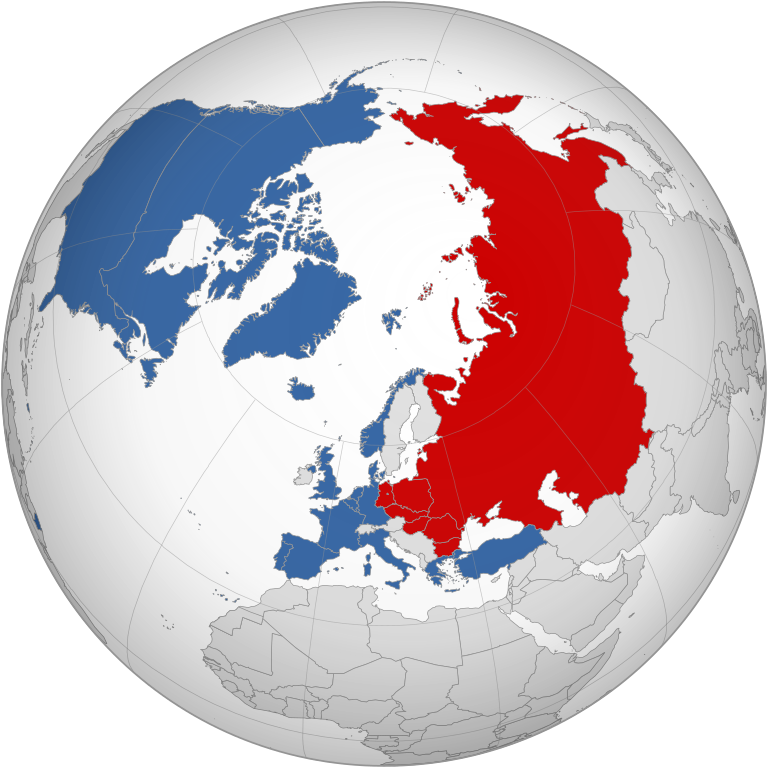Mao Zedong Quiz Questions
1. Mao Zedong is most closely associated with the ideology of:
(a) Capitalism
(b) Maoism
(c) Fascism
(d) Anarchism
2. Which major political event in China did Mao Zedong lead?
(a) The Cultural Revolution
(b) The Tiananmen Square Protests
(c) The Communism
(d) Both a and c
3. The Little Red Book is a compilation of:
(a) Mao Zedong’s poetry
(b) Quotations from Mao Zedong
(c) Chinese philosophical texts
(d) Communist party manifestos
4. Mao Zedong’s primary goal for China was to:
(a) Industrialize rapidly
(b) Create a democratic society
(c) Establish a peasant-based communist state
(d) Restore the Chinese monarchy
5. What was the primary cause of the famine that occurred during the Great Leap Forward?
(a) Natural disaster
(b) Economic mismanagement
(c) Foreign invasion
(d) Population explosion
6. The Red Guards were primarily composed of:
(a) The Chinese military
(b) Factory workers
(c) Students and young people
(d) Peasants
7. Mao Zedong’s relationship with the Soviet Union can be best described as:
(a) Close alliance
(b) Tense and competitive
(c) Non-existent
(d) Initially close, then deteriorating
8. The Long March was a military retreat undertaken by the Chinese Communist Party to:
(a) Escape the Nationalist forces
(b) Conquer new territory
(c) Suppress a peasant uprising
(d) Test the army’s endurance
9. The term “Hundred Flowers Campaign” refers to:
(a) A period of economic reform
(b) A period of political liberalization
(c) A military campaign against the Kuomintang
(d) A cultural movement
10. The concept of “contradictions” is central to Maoist thought. What does it refer to?
(a) Conflicts between nations
(b) Internal tensions and conflicts within society
(c) Personal disagreements
(d) Economic disparities
11. The slogan “Serve the People” is associated with which of the following?
(a) Confucianism
(b) Mao Zedong Thought
(c) Deng Xiaoping Theory
(d) The Cultural Revolution
12. What was the impact of the Great Leap Forward on China’s population?
(a) Significant increase
(b) Significant decrease
(c) No significant change
(d) Impossible to determine
13. How did Mao Zedong view intellectuals and the intelligentsia?
(a) As essential to the revolution
(b) As a threat to the revolution
(c) As irrelevant to the revolution
(d) As the backbone of the new society
14. The term “mass line” refers to:
(a) A method of leadership where the party connects with the masses
(b) A military strategy
(c) An economic policy
(d) A cultural movement
15. Despite the challenges and setbacks, Mao Zedong is considered by many Chinese people as:
(a) A great leader who laid the foundation for modern China
(b) A ruthless dictator who caused immense suffering
(c) A complex figure with both positive and negative impacts
(d) A completely irrelevant historical figure
16. How did Mao Zedong view the relationship between the countryside and the city?
(a) The city was superior to the countryside
(b) The countryside was superior to the city
(c) The city and countryside were interdependent
(d) The city and countryside were in constant conflict
17. What was the ultimate fate of the Gang of Four?
(a) They were exiled to the countryside
(b) They were executed
(c) They were imprisoned
(d) They continued to hold power
18. Which major revolution did Mao Zedong lead?
(a) Russian Revolution
(b) French Revolution
(c) Chinese Revolution
(d) Cuban Revolution
19. What was the name of the political party Mao Zedong founded?
(a) Kuomintang
(b) Chinese Nationalist Party
(c) Chinese Communist Party
(d) People’s Republic of China
20. Which of these was a major land reform policy implemented under Mao Zedong?
(a) Great Leap Forward
(b) Cultural Revolution
(c) Hundred Flowers Campaign
(d) Long March
21. The Long March was a military retreat undertaken by the Chinese Communist Party. Where did it end?
(a) Beijing
(b) Shanghai
(c) Nanjing
(d) Bao’an
22. Who was Mao Zedong’s main political rival in China?
(a) Chiang Kai-shek
(b) Deng Xiaoping
(c) Zhou Enlai
(d) Liu Shaoqi
23. What was the outcome of the Chinese Civil War?
(a) The Kuomintang defeated the Communists
(b) The Communists defeated the Kuomintang
(c) A stalemate between the two parties
(d) A coalition government was formed
24. Which of these was a major criticism of Mao Zedong’s policies?
(a) Excessive focus on industrialization
(b) Lack of emphasis on human rights
(c) Overreliance on foreign aid
(d) Inadequate attention to agriculture
25. How did Mao Zedong view the role of women in Chinese society?
(a) Subordinate to men
(b) Equal to men
(c) Superior to men
(d) Irrelevant to the revolution
Mao Zedong Quiz Questions with Answers
1. Mao Zedong is most closely associated with the ideology of:
(b) Maoism
2. Which major political event in China did Mao Zedong lead?
(a) The Cultural Revolution
3. The Little Red Book is a compilation of:
(b) Quotations from Mao Zedong
4. Mao Zedong’s primary goal for China was to:
(c) Establish a peasant-based communist state
5. What was the primary cause of the famine that occurred during the Great Leap Forward?
(b) Economic mismanagement
6. The Red Guards were primarily composed of:
(c) Students and young people
7. Mao Zedong’s relationship with the Soviet Union can be best described as:
(d) Initially close, then deteriorating
8. The Long March was a military retreat undertaken by the Chinese Communist Party to:
(a) Escape the Nationalist forces
9. The term “Hundred Flowers Campaign” refers to:
(b) A period of political liberalization
10. The concept of “contradictions” is central to Maoist thought. What does it refer to?
(b) Internal tensions and conflicts within society
11. The slogan “Serve the People” is associated with which of the following?
(b) Mao Zedong Thought
12. What was the impact of the Great Leap Forward on China’s population?
(b) Significant decrease
13. How did Mao Zedong view intellectuals and the intelligentsia?
(b) As a threat to the revolution
14. The term “mass line” refers to:
(a) A method of leadership where the party connects with the masses
15. Despite the challenges and setbacks, Mao Zedong is considered by many Chinese people as:
(a) A great leader who laid the foundation for modern China
16. How did Mao Zedong view the relationship between the countryside and the city?
(c) The city and countryside were interdependent
17. What was the ultimate fate of the Gang of Four?
(c) They were imprisoned
18. Which major revolution did Mao Zedong lead?
(c) Chinese Revolution
19. What was the name of the political party Mao Zedong founded?
(c) Chinese Communist Party
20. Which of these was a major land reform policy implemented under Mao Zedong?
(a) Great Leap Forward
21. The Long March was a military retreat undertaken by the Chinese Communist Party. Where did it end?
(d) Bao’an
22. Who was Mao Zedong’s main political rival in China?
(a) Chiang Kai-shek
23. What was the outcome of the Chinese Civil War?
(b) The Communists defeated the Kuomintang
24. Which of these was a major criticism of Mao Zedong’s policies?
(b) Lack of emphasis on human rights
25. How did Mao Zedong view the role of women in Chinese society?
(b) Equal to men

